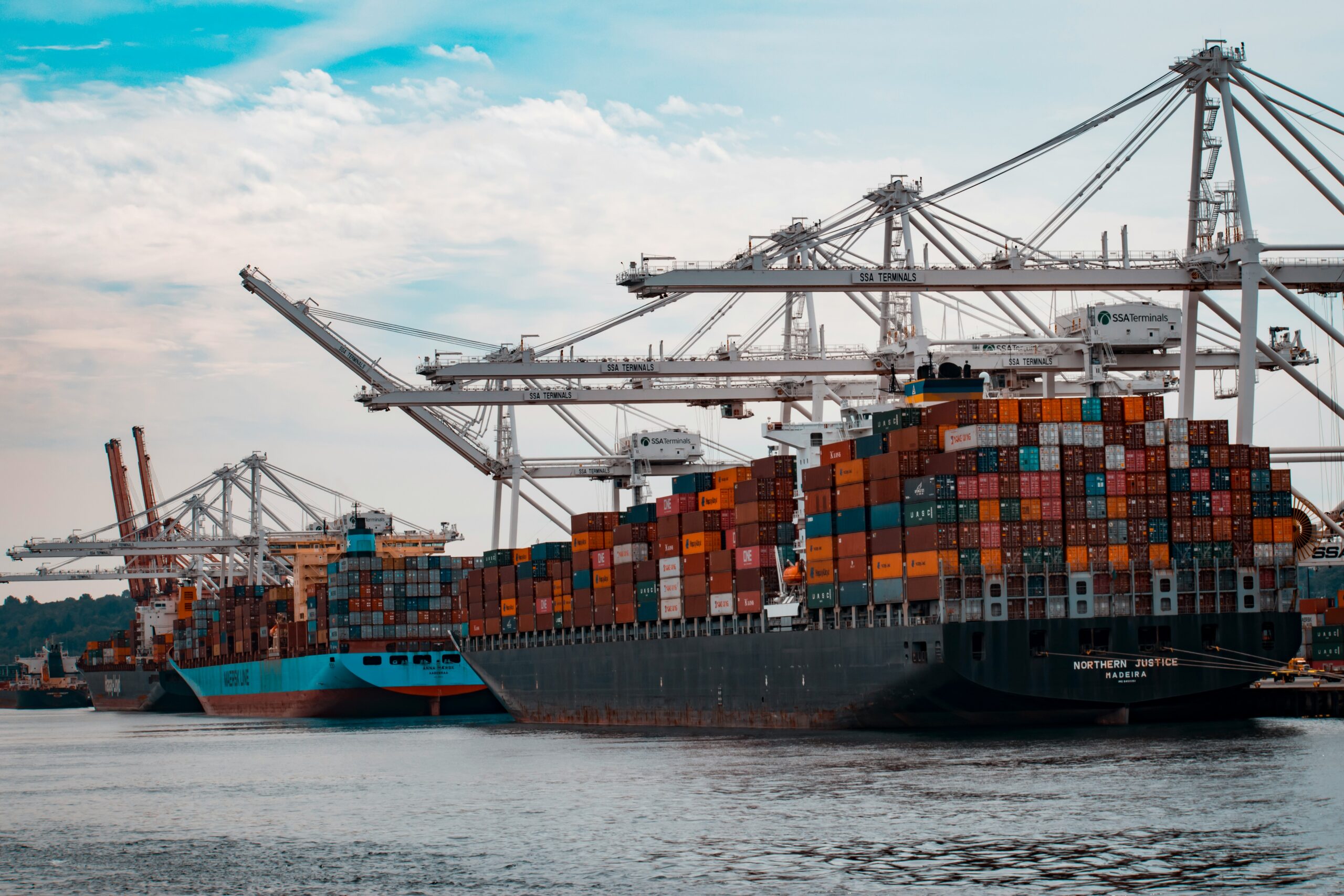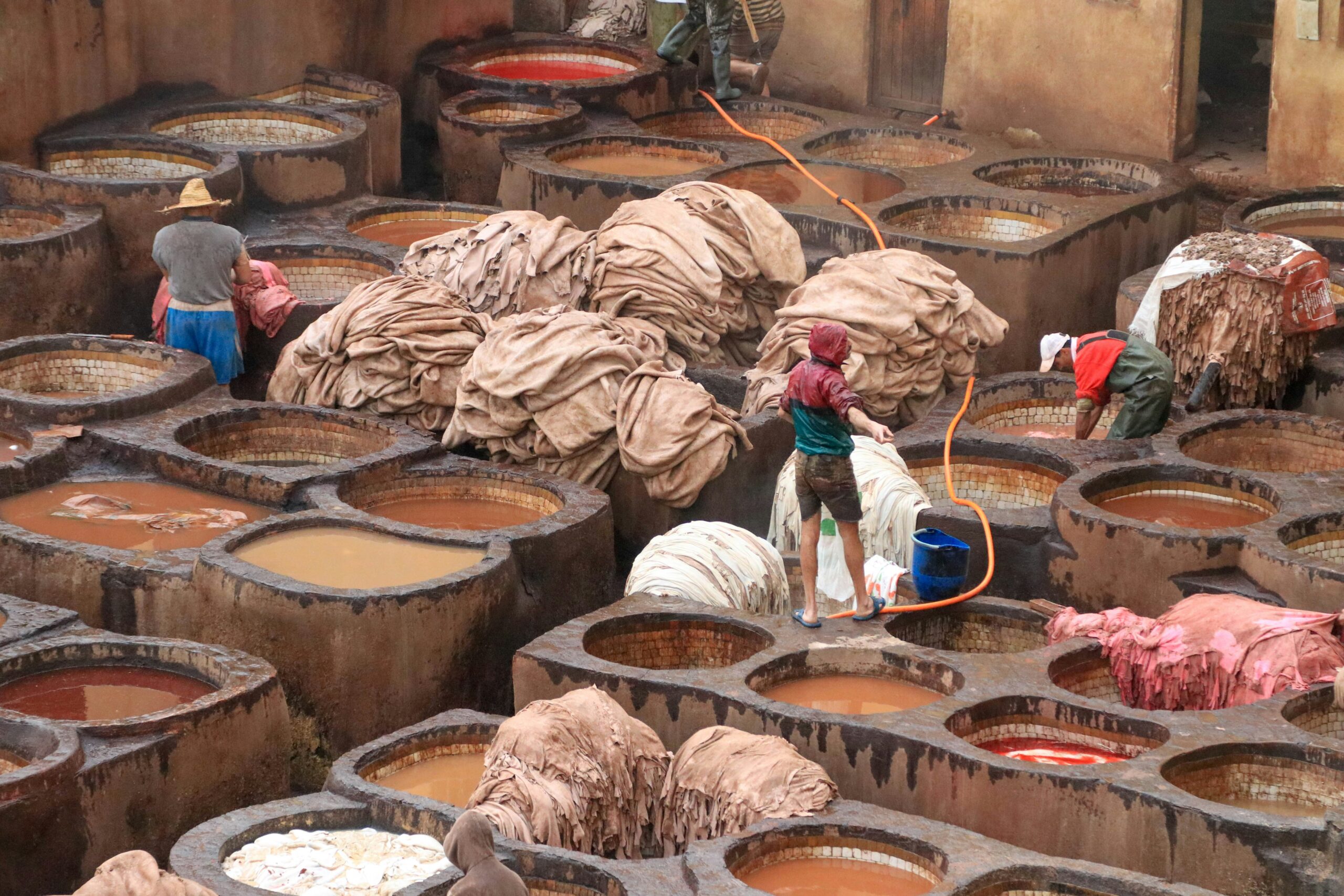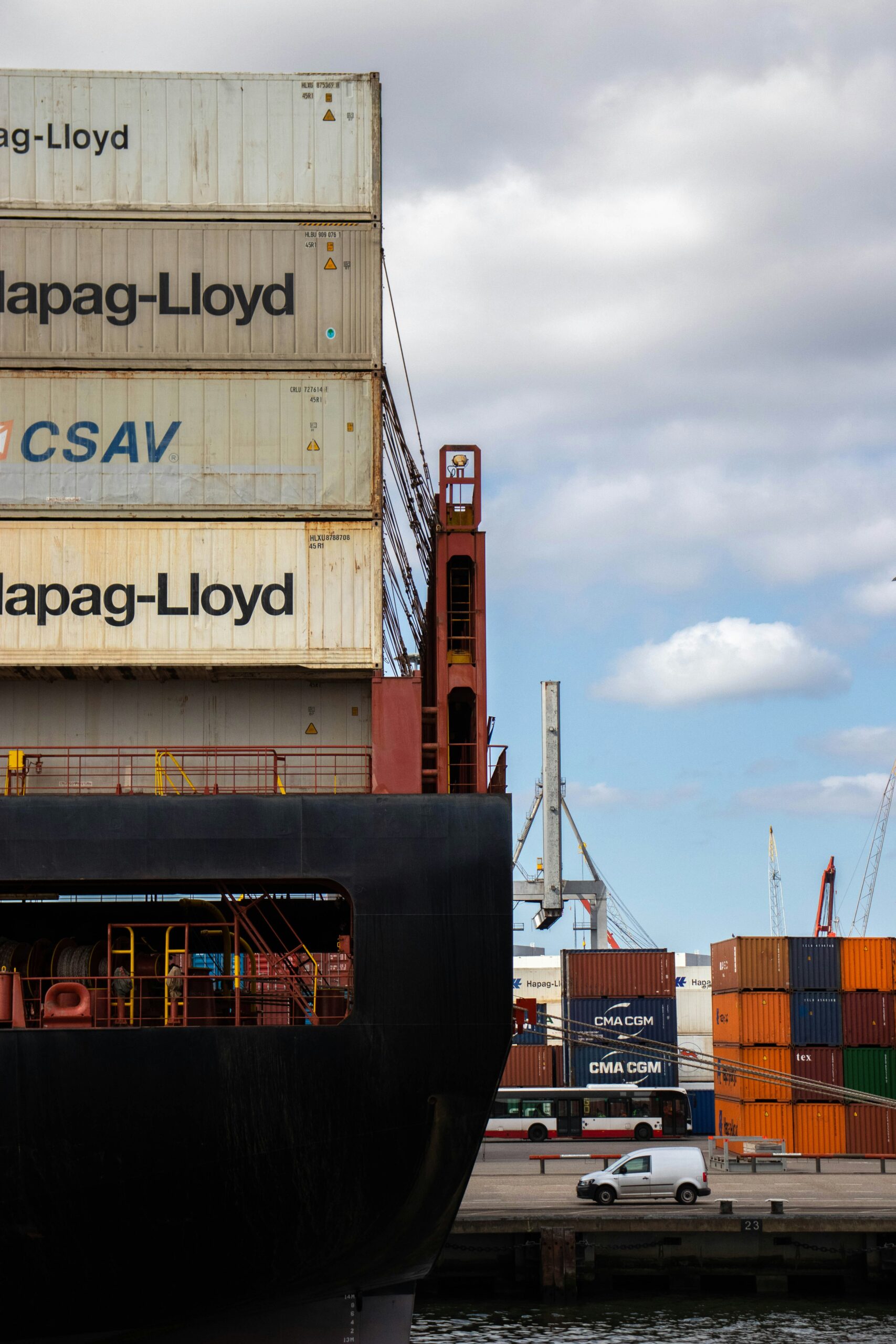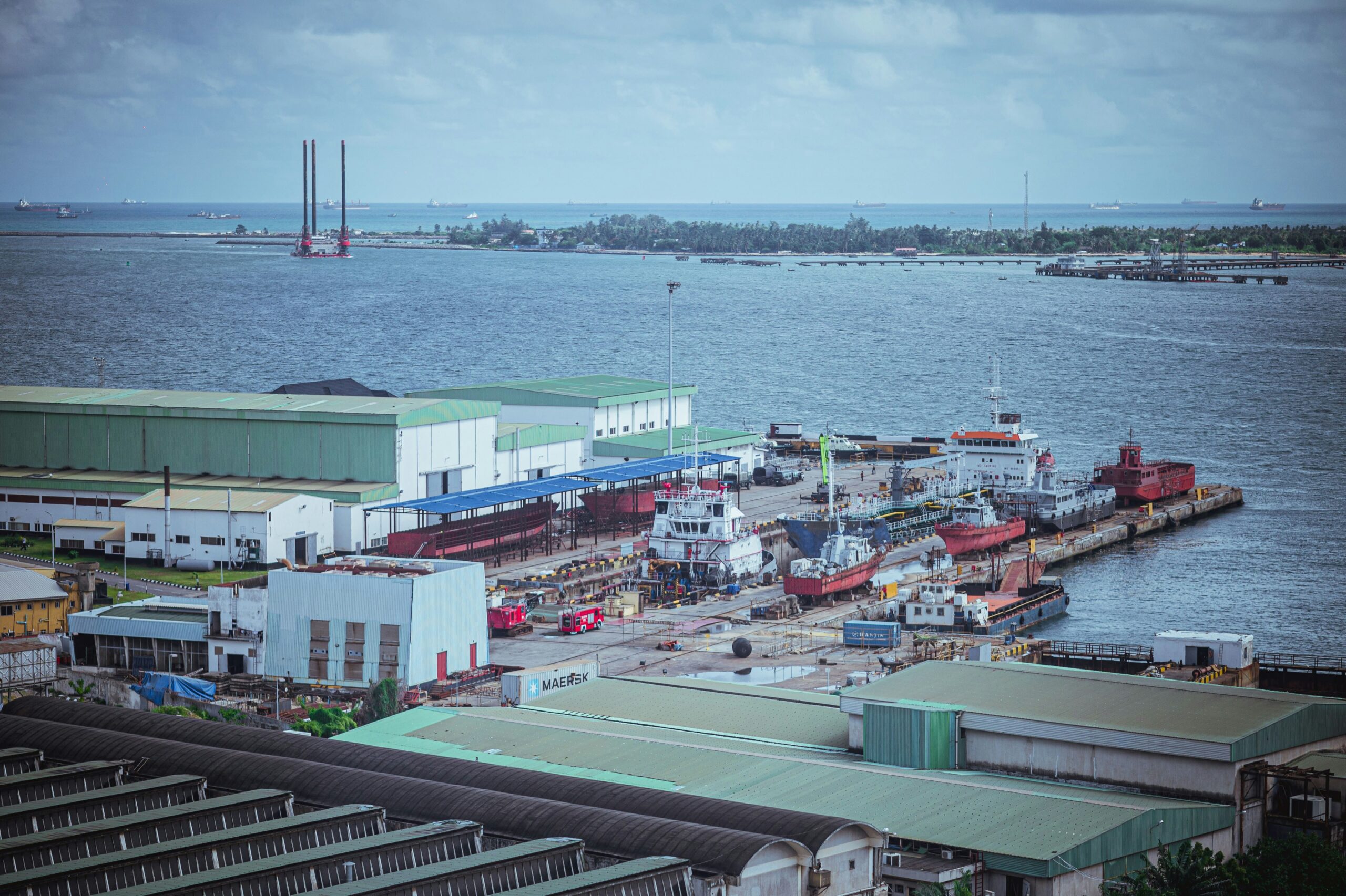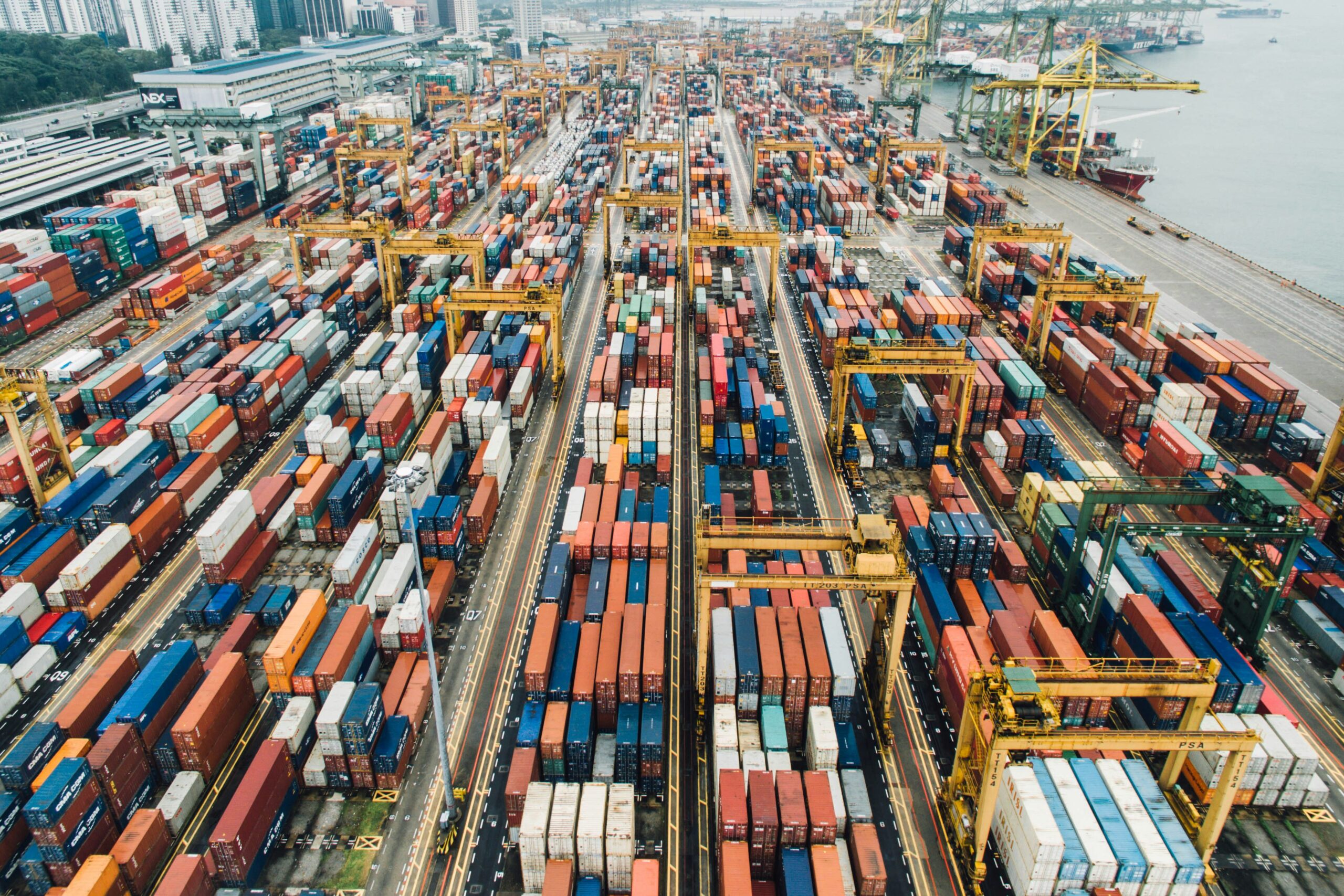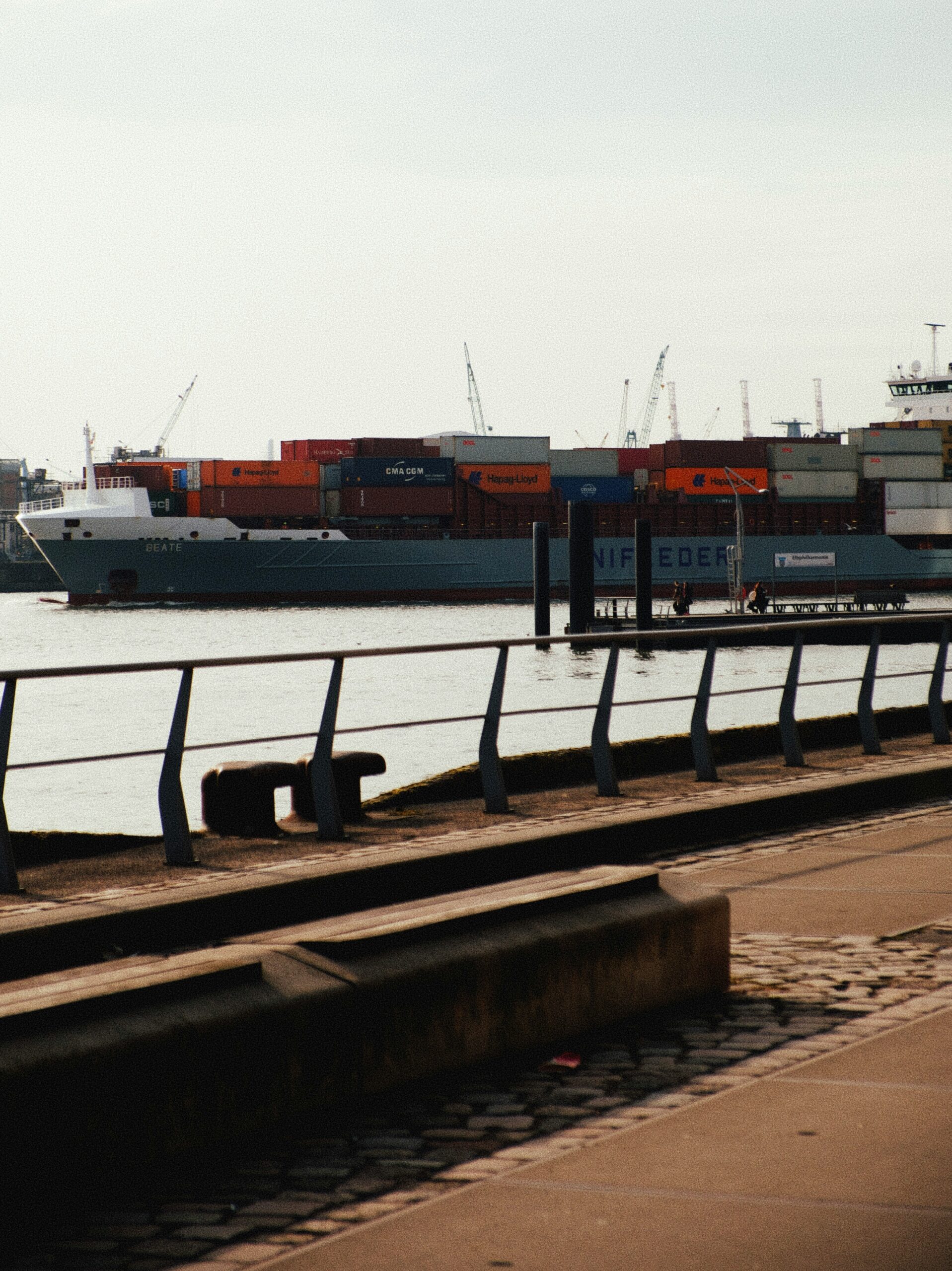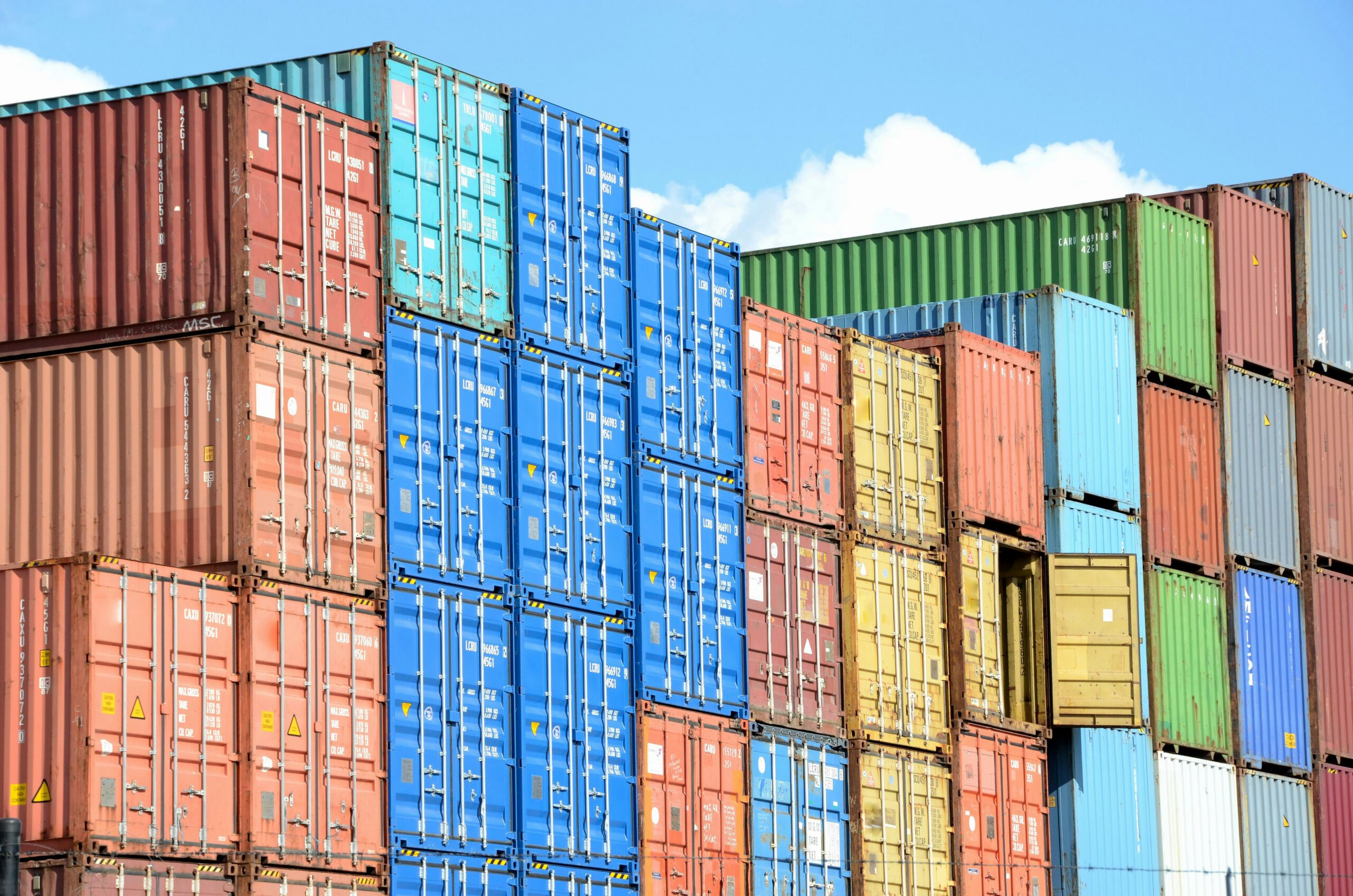Tariff Reductions Announced for Regional Trade Bloc
In a major policy shift, a leading regional trade bloc has announced tariff reductions on agricultural and industrial goods. This policy aims to stimulate regional trade, improve food security, and promote industrialization. Businesses in member states are already preparing to leverage the reduced tariffs to expand exports and imports within the region.
Breaking: Global Trade Hits Record Growth in 2025
According to the World Trade Organization, global trade in goods and services hit a record growth of 15% in 2025. Much of this growth is attributed to digital trade platforms and improved logistics networks. This surge signals renewed global economic strength after years of instability, offering businesses new opportunities to expand internationally.
Green Shipping: The Future of Sustainable Logistics
With climate change becoming a global concern, the shipping industry is under pressure to adopt greener practices. Electric-powered ships, alternative fuels like hydrogen, and stricter emission standards are leading the transformation. Investments in green shipping not only reduce carbon footprints but also attract environmentally conscious clients. The future of shipments lies in balancing cost-efficiency with […]
Why Shipping Costs Keep Rising
Over the last few years, shipping costs have soared due to fuel price hikes, port congestion, and increased demand for goods. Many businesses are forced to absorb these costs or pass them to consumers. As e-commerce continues to grow, demand for faster deliveries is reshaping shipping strategies. Companies are exploring alternative methods, including rail and […]
The Evolution of Global Shipping Logistics
Global shipments are the backbone of international trade. The rise of containerization in the 20th century revolutionized shipping, making it faster, cheaper, and more efficient. Today, digital tracking systems and AI-driven logistics are pushing the industry into a new era. Companies can now monitor shipments in real time, reduce delays, and forecast demand with greater […]
Tariffs in Africa: Opportunities and Setbacks
In Africa, tariffs are a double-edged sword. While they generate much-needed government revenue, they also raise costs for businesses importing essential goods. The AfCFTA agreement seeks to reduce tariffs among African countries, encouraging intra-African trade. If successfully implemented, this could make Africa one of the largest single markets in the world, boosting trade efficiency and […]
How Tariffs Affect Global Trade Relations
Tariffs have long been used as a weapon in trade wars between economic giants. When one country raises tariffs, the affected nation often retaliates, leading to disrupted supply chains and increased production costs. This has been evident in the U.S.–China trade conflict, where tariffs reshaped global manufacturing. However, tariffs can also protect domestic industries from […]
Understanding Tariffs: A Beginner’s Guide
Tariffs are taxes imposed on imported goods, designed to protect local industries or generate revenue. While they are an important economic tool, tariffs can increase consumer prices and spark trade disputes. Governments often adjust tariffs depending on the state of their economies. For businesses, understanding tariffs is critical. Importers and exporters must calculate tariffs into […]
Challenges Facing Export Businesses in Africa
African businesses are positioned to benefit from global export markets, but challenges remain. Poor infrastructure, inconsistent government policies, and lack of financing continue to slow growth. Despite these barriers, the African Continental Free Trade Agreement (AfCFTA) is opening new doors for cross-border collaboration. By embracing digital payments, better logistics, and compliance with international quality standards, […]

